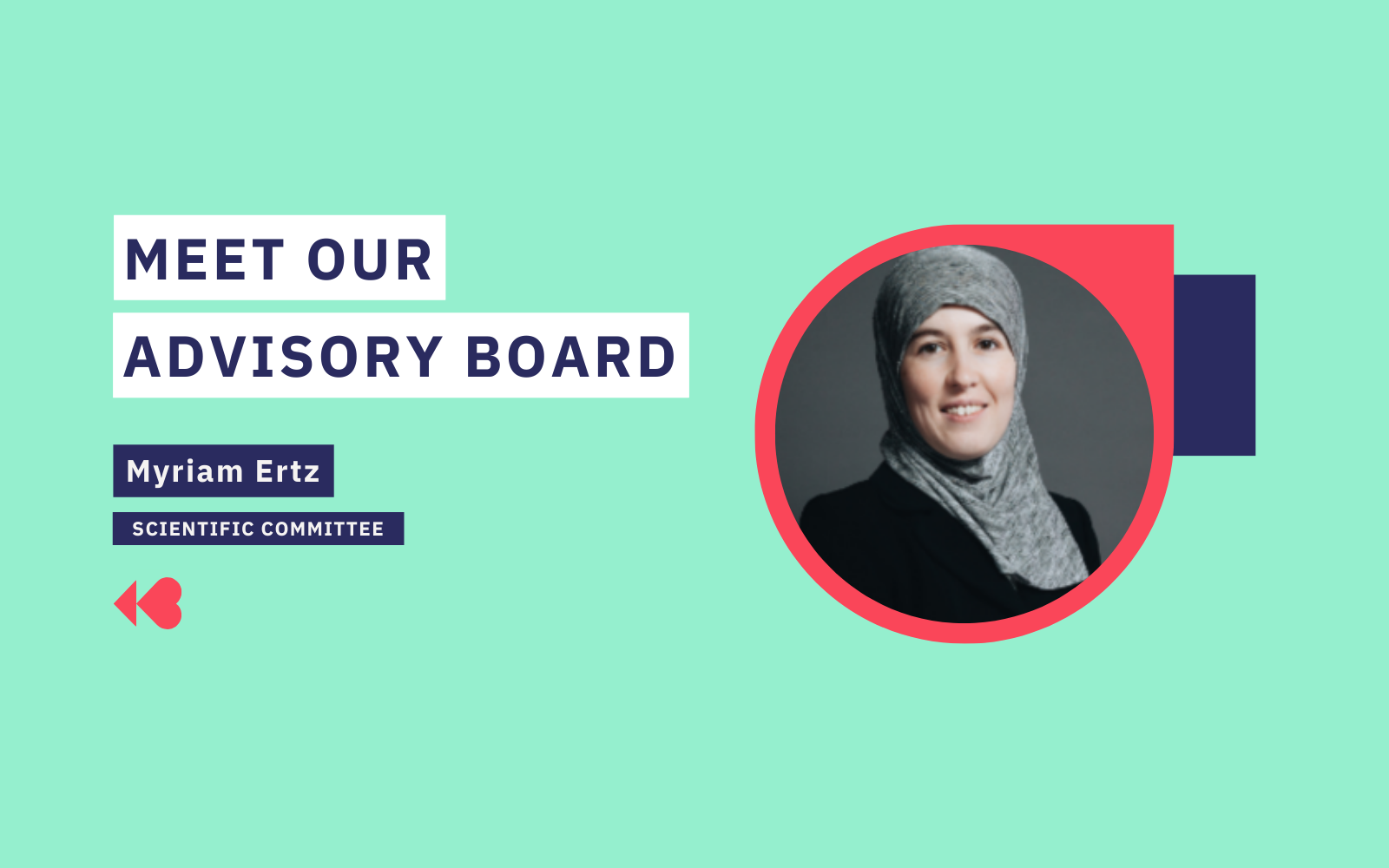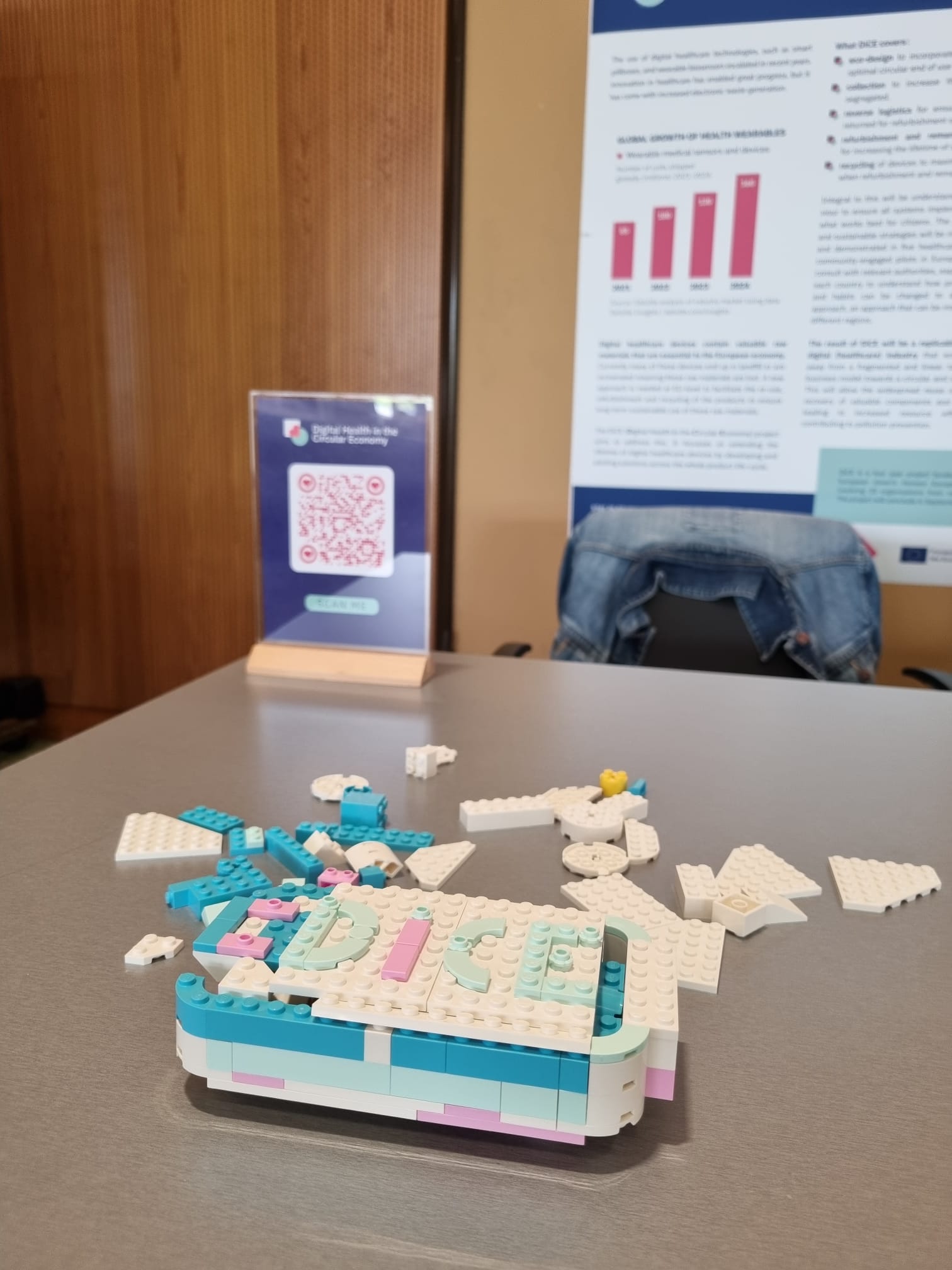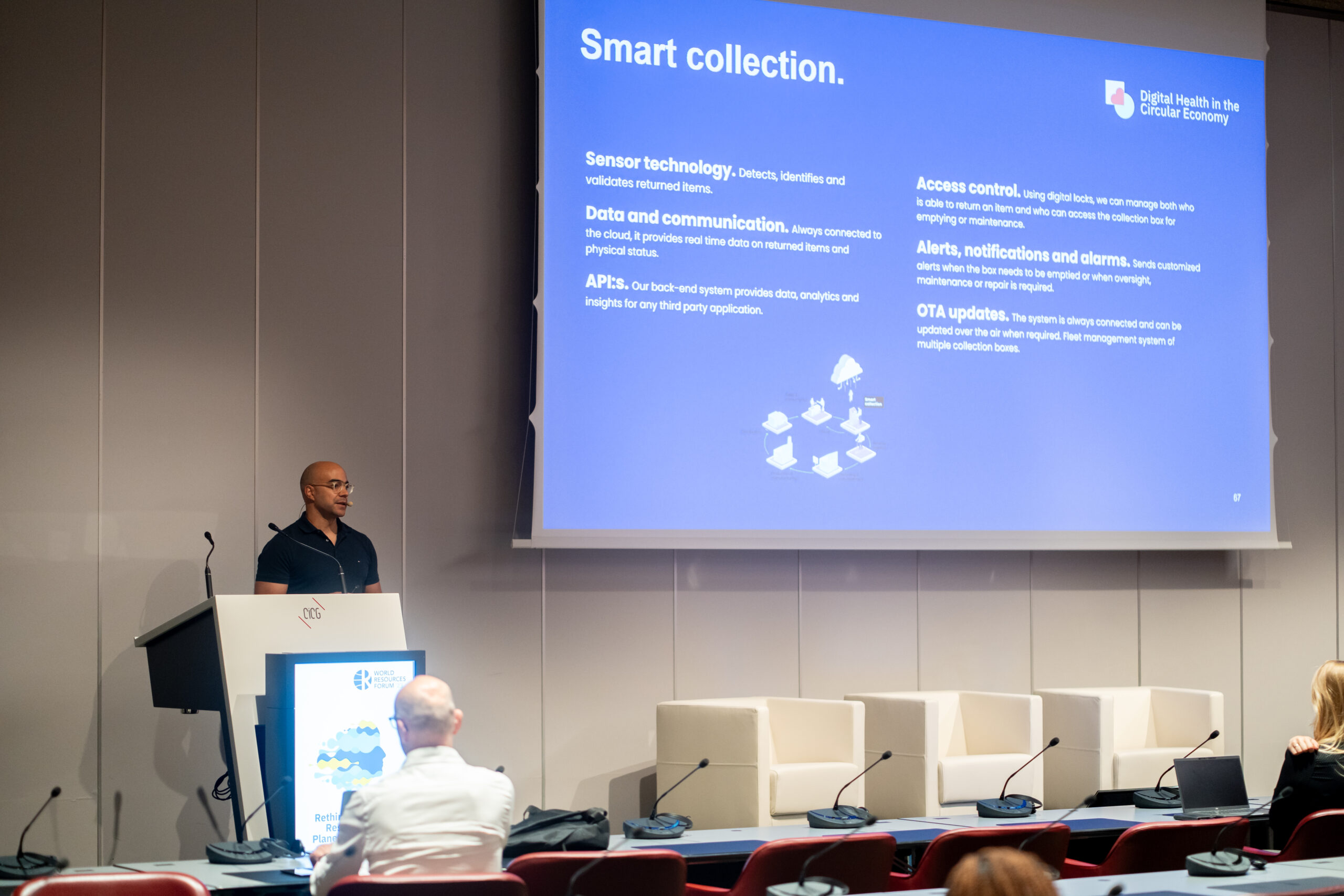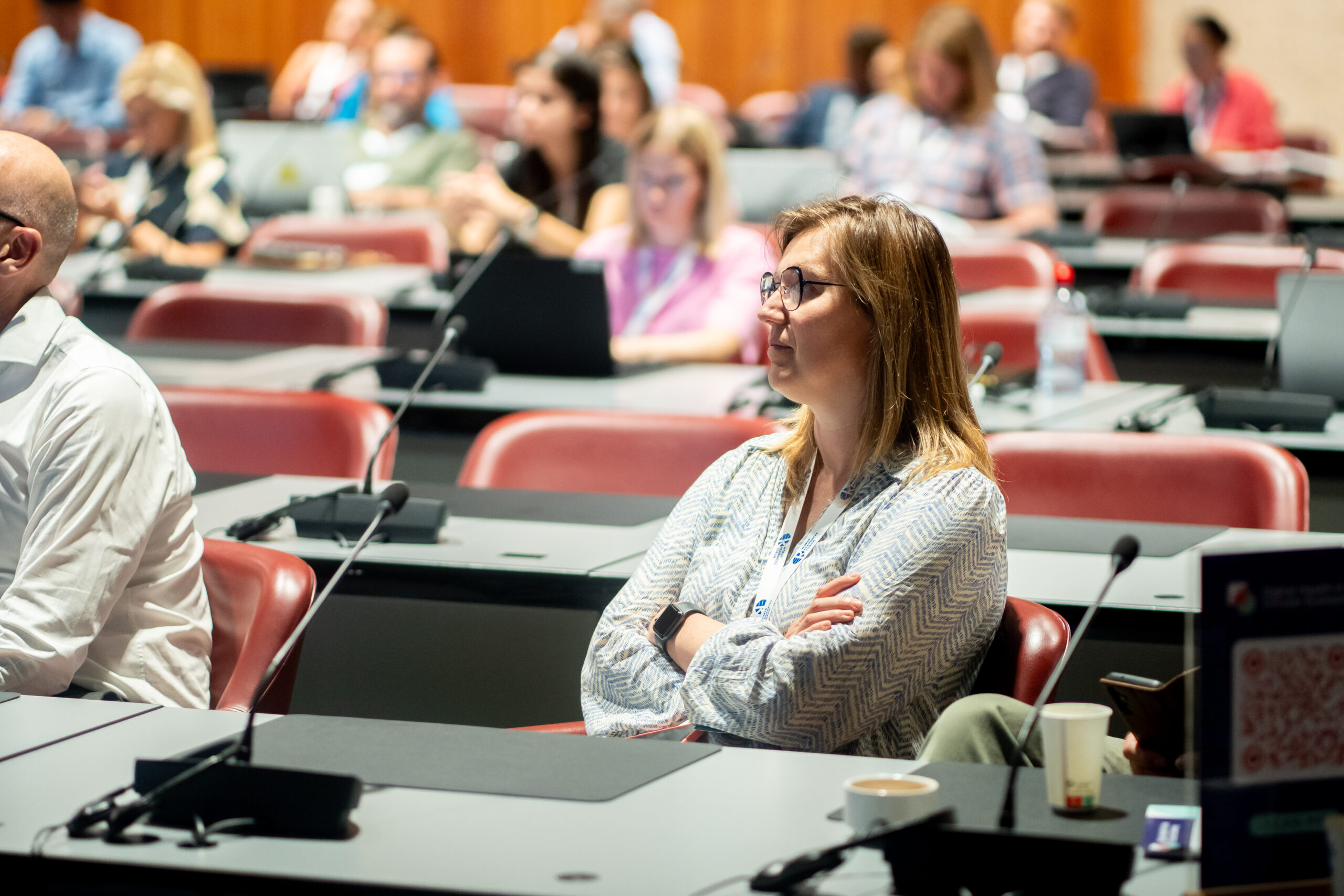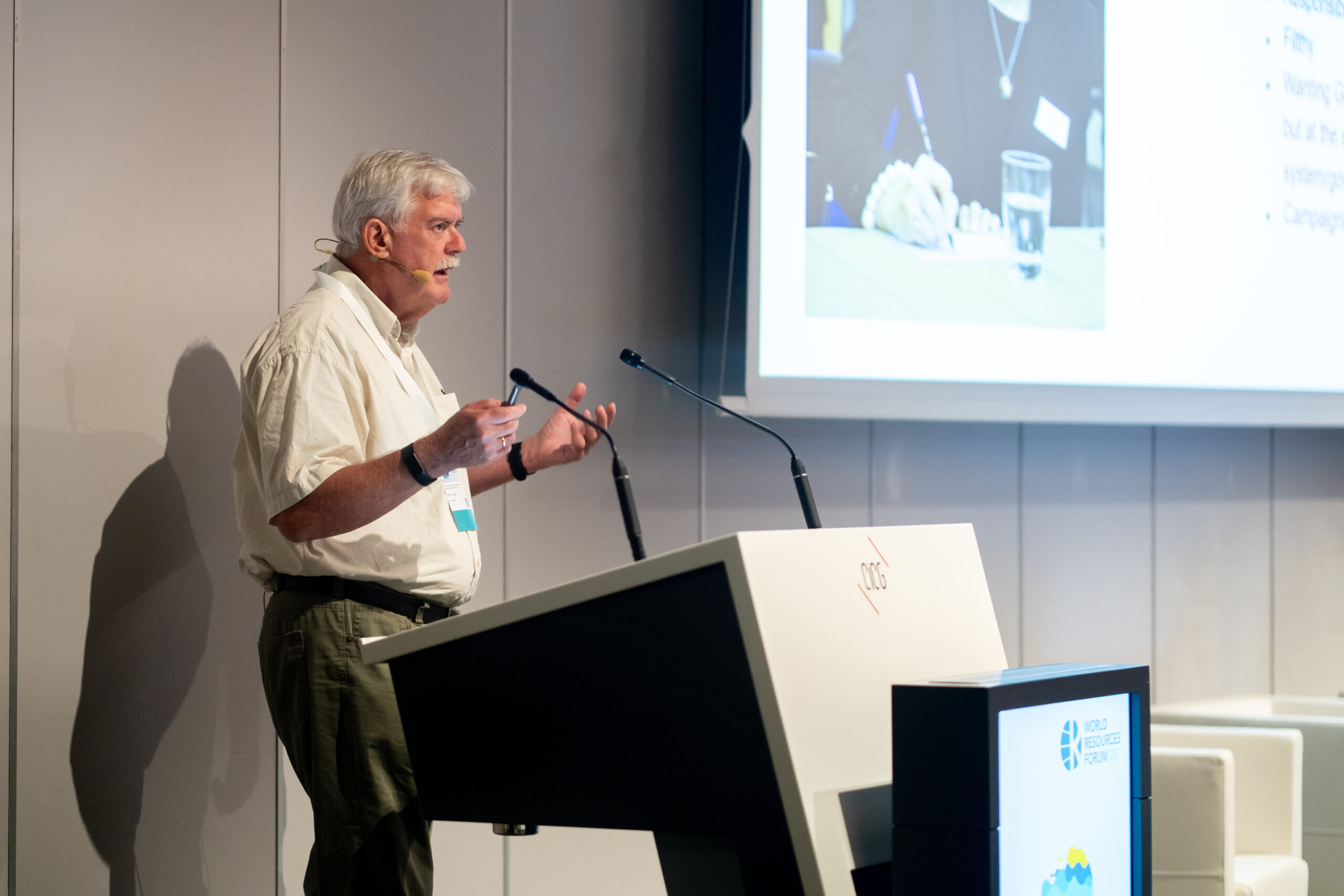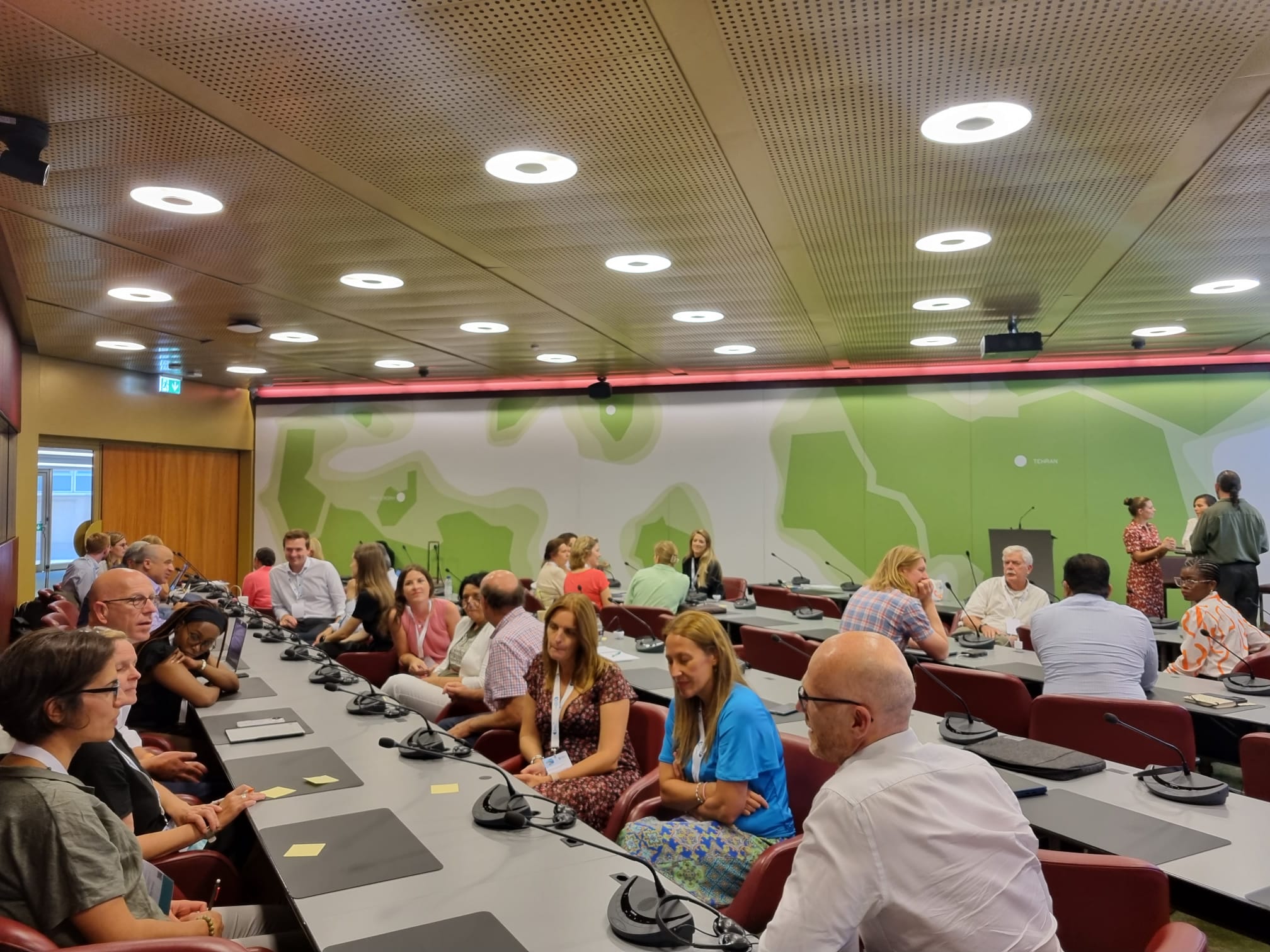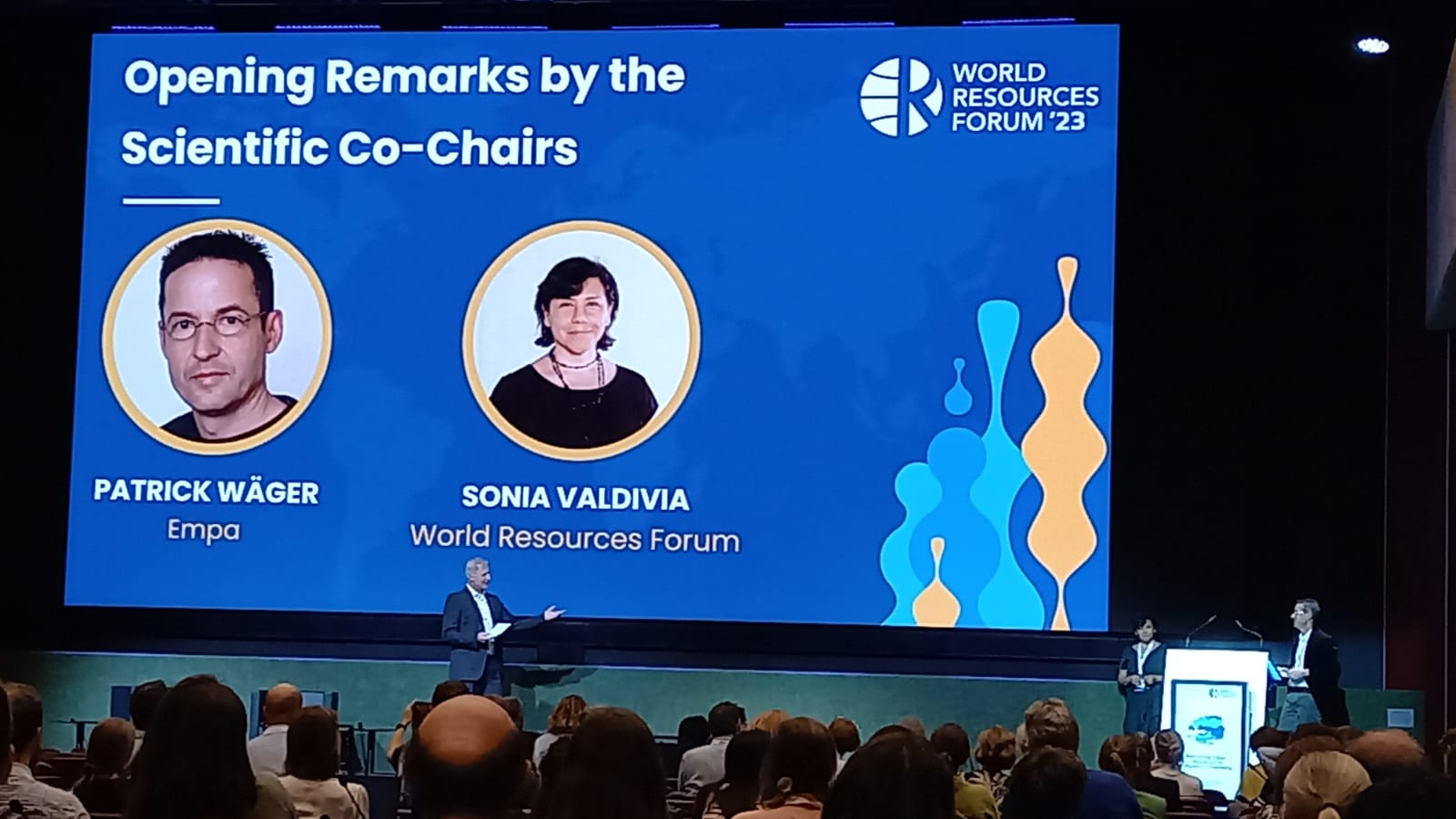Myriam Ertz is an Associate Professor of Marketing at the University of Quebec at Chicoutimi, Director of LaboNFC, and Tier-2 Canada Research Chair in Technology, Sustainability, and Society. She is a recipient of MDPI’s Social Sciences 2020 Young Investigator Award and the University of Quebec’s 2022 Research Succession Award.
Her research interests include responsible consumption and marketing, circular economy, collaborative consumption, platform economy, innovation, and technology. She has published over 80 research articles in top-quality journals, including Renewable and Sustainable Energy Reviews, Journal of Cleaner Production, Business Strategy & the Environment, or Journal of Medical Internet Research. In addition, Professor Ertz has published the first book on responsible marketing in the French language (Marketing responsible, Éditions JFD, 2021) and has extensive editorial experience as a book co-editor (Les reconfigurations de l’échange marchand: Tour d’horizon, enjeux, et perspectives, PUQ, 2019), and editor (Handbook of research on the platform economy and the evolution of e-commerce, IGI Global, 2022), journal associate editor, and special issue guest editor for several journals, including Sustainability (MDPI) (Guest Editor), Social Sciences and Humanities Communications (Associate Editor), Frontiers in Psychology (Associate Editor), Frontiers in Sustainability (Associate Editor), and Revue Organisations & Territoires (Guest Editor).
Have you always intended to work in this industry?
For as long as I can remember, I have always wanted to work to educate others and advance science. This may probably have been brought onto me by my paternal grand-parents, with care for others coming from my grand-mother who was a nurse, and educating minds coming from my grand-father who was a teacher.
Was there an outstanding moment when you realised the importance of your profession?
The first calls to intervene in the media or intervening in community/organisational/institutional projects were very telling. I realised how little people knew about specific subjects and the importance of sharing knowledge and contributing positively to projects, policies and events to the best of my abilities.
What do you see as the biggest challenge in the circularity of digital health devices today?
The biggest challenge I see aligns with a key research interest of mine, namely product lifetime extension. I am worried about the lack of capacity to extend the lifespan of digital health devices in the health care industry throughout the product lifecycle. Besides, and related to the second point, I am also particularly worried about our inability to recover and reutilise end-of-life digital health devices.
How would you overcome this challenge?
I think we should conduct significantly more research in the technologies enabling us to recycle or reutilise different components, parts, materials and resources in general.
How does your expertise relate to DiCE?
I specialise in product lifetime extension and more broadly in the circular economy from a consumer point of view. Therefore, I have expertise in the way through which patients and other end users interact with digital health devices and other health devices throughout their lifecycle, and how this process can be optimised to spur circularity. This is important as patients rely increasingly on digital health devices such as trackers, health apps or other related telemedicine systems. It will thus be important to understand how consumers are, for example, willing to use reused or reutilised or recycled devices to decrease the need for new objects and discard existing ones.
What do you expect from DiCE? How will it change the “sustainability landscape”?
DiCE is a very promising consortium that touches on a crucial subject. I expect that it will deliver a multi-level, multidisciplinary and multi-stakeholder solution to deal with the issue of the circularity of digital health devices. This is important because it will provide a systemic perspective on the issue and such an overview is preferable to piecemeal approaches which are typically too limited.

